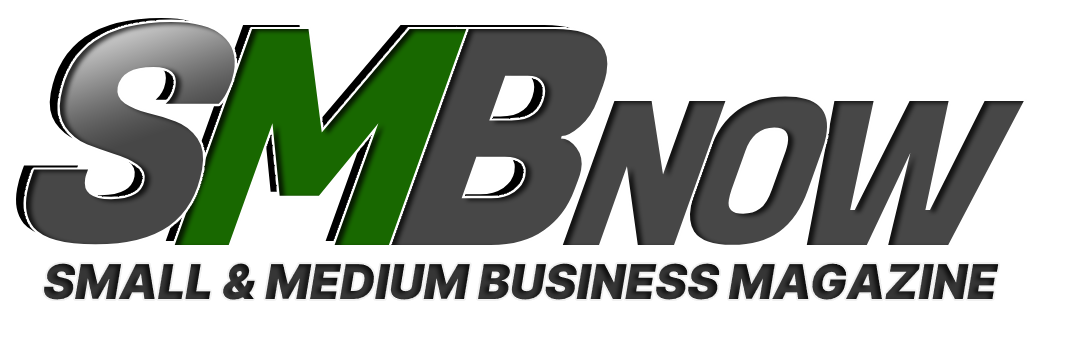Using Rentals to Your SMB's Advantage
Friday, October 26, 2012Posted by Kyle Thompson

By Megan Webb-Morgan
Renting equipment can be useful for a startup business that’s strapped for cash and credit but needs that equipment in order for the business to start functioning. However, renting can be beneficial to any business no matter how long it’s been around.
Renting gains you the use of an item or asset without having to bear the up-front costs of a purchase or down-payment (though some rentals do require a security deposit). You can use it to acquire nearly anything your business needs: vehicles, office furniture, store fixtures, laptops and tablets, communication equipment, manufacturing equipment, and much more.
According to the Equipment Leasing Association of America, 80 percent of businesses in the United States use equipment leasing or rental on a regular basis. Renting some, or all, of your business’s equipment can save you money, give you access to up-to-date technologies, offer tax deductions and help your business thrive.
Keep Up with Technology
There’s nothing more frustrating than purchasing an electronic device only to have it go obsolete within a year or two, especially when replacement costs are high. Renting computer equipment and communication devices enable you to keep up with evolving technologies without having to pay the cost of upgrades. That way your equipment is always functional, up to date, and ready to serve your company.
· Renting equipment under a short-term lease lets you use that technology for a short time before returning it. At the end of the rental term you are free to acquire an upgraded model for the next rental period for the same cost.
· Some longer-term rental agreements include an equipment substitution provision that automatically provides you with updated equipment as it emerges onto the market.
Test Different Models
Purchasing a large piece of equipment is a significant investment, and you want to make sure that the brand and model you choose is the one that works best for your company’s needs and goals.
· Renting an item on a short term lease means you can use it and evaluate how it works for your company before committing to a substantial purchase.
· Using short term rentals you can test and compare different brands and models. This saves your business money by giving you the chance to shop around, ultimately purchasing the equipment most likely to increase efficiency and productivity.
Get Maintenance Support
With many rental agreements, you pay for the right to use the equipment, but the responsibility for maintenance and repairs remains with the original owner. The cost of this maintenance is bundled into your rental payments.
· With maintenance support paid for with your rent, you never have to worry about the price of equipment repairs or replacement parts. The rental company is able to get better deals on service and spare parts through bulk purchasing.
· Because it remains the responsibility of the rental company, you don’t have to go through the hassle of finding someone to perform maintenance or make repairs – it’s all taken care of for you, and ultimately keeps costs down by ensuring that the equipment is always in good repair.
Write Off Your Rental Payments
If you rent or lease equipment used in your business, you can write off your rental payments as a tax deduction.
· The IRS has specific rules regarding lease-to-own agreements, so be sure you know which category your agreement falls under.
The equipment your company needs can come with high price tags and heavy maintenance costs. You can offset the up-front cost of new equipment by renting it instead of purchasing it. Renting gives your business more financial flexibility and more options for finding, using, and maintaining new equipment. Examine your business’s needs to see how equipment rental can be used to your advantage.
Megan Webb-Morgan is a web content writer for ResourceNation.com. She writes about small business, focusing on topics such as business equipment.
